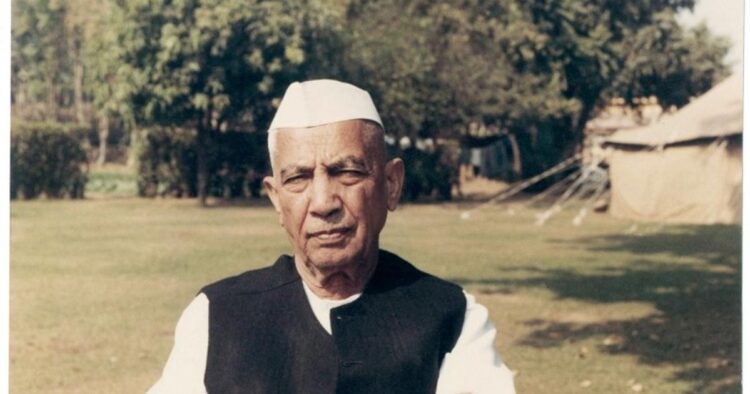On Monday, India observes the 122nd birth anniversary of former Prime Minister Chaudhary Charan Singh, celebrating his profound contributions to rural development, social justice, and agrarian reform. A visionary leader and advocate for India’s farmers, Chaudhary left a mark on the nation’s political and social fabric.
Chaudhary Charan Singh’s policies transformed the landscape of rural India. He envisioned a society free from caste-based divisions, where economic opportunities extended to marginalised communities. His famous saying, “A nation can prosper only when its rural sector is upgraded, and its purchasing power is high,” underscored his belief that India’s progress began in its villages and farms.
Often described as the “champion of India’s peasants,” Chaudhary advocated for an economic model centred on agrarian capitalism, where rural prosperity fueled national growth. This model diverged from urban-centric industrial policies, emphasising the role of small enterprises and agricultural productivity.
Prime Minister Narendra Modi paid homage to Chaudhary Charan Singh, describing him as a true well-wisher of farmers and the poor. In a post on X, Modi acknowledged his dedication and service to the nation, which continues to inspire generations.
गरीबों और किसानों के सच्चे हितैषी पूर्व प्रधानमंत्री भारत रत्न चौधरी चरण सिंह जी को उनकी जयंती पर विनम्र श्रद्धांजलि। राष्ट्र के प्रति उनका समर्पण और सेवाभाव हर किसी को प्रेरित करता रहेगा। pic.twitter.com/cTUH8JIFZ4
— Narendra Modi (@narendramodi) December 23, 2024
Vice President Jagdeep Dhankhar and Chaudhary’s grandson, Union Minister Jayant Chaudhary, also commemorated the occasion at Kisan Ghat, New Delhi. Speaking on the significance of Kisan Diwas, VP Dhankhar emphasised farmers’ crucial role as the “annadata” (provider of food) and “vidhata” (creator) of the nation, urging grand celebrations for the day’s 25th anniversary next year.
Born in 1902 in a middle-class peasant family in Noorpur, Meerut district, Chaudhary Charan Singh started his political career in the Congress party. He served in various capacities, including Parliamentary Secretary in Pandit Govind Ballabh Pant’s government. Over decades, he championed land reforms, drafting landmark bills like the Debt Redemption Bill (1939) and the Land Holding Act (1960). These reforms addressed critical issues of land distribution and agricultural sustainability, establishing him as a pivotal figure in rural empowerment.















Comments